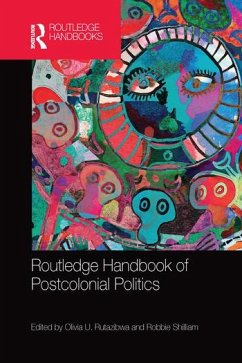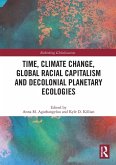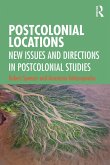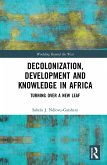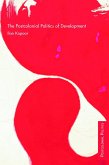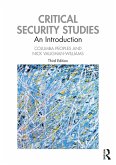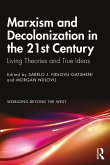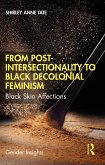Engagements with the postcolonial world by International Relations scholars have grown significantly in recent years. The Routledge Handbook of Postcolonial Politics provides a solid reference point for understanding and analyzing global politics from a perspective sensitive to the multiple legacies of colonial and imperial rule.
The Handbook introduces and develops cutting-edge analytical frameworks that draw on Black, decolonial, feminist, indigenous, Marxist and postcolonial thought as well as a multitude of intellectual traditions from across the globe. Alongside empirical issue areas that remain crucial to assessing the impact of European and Western colonialism on global politics, the book introduces new issue areas that have arisen due to the mutating structures of colonial and imperial rule.
This vital resource is split into five thematic sections, each featuring a brief, orienting introduction:
Points of departure
Popular postcolonial imaginaries
Struggles over the postcolonial state
Struggles over land
Alternative global imaginaries
Providing both a consolidated understanding of the field as it is, and setting an expansive and dynamic research agenda for the future, this handbook is essential reading for students and scholars of International Relations alike.
The Handbook introduces and develops cutting-edge analytical frameworks that draw on Black, decolonial, feminist, indigenous, Marxist and postcolonial thought as well as a multitude of intellectual traditions from across the globe. Alongside empirical issue areas that remain crucial to assessing the impact of European and Western colonialism on global politics, the book introduces new issue areas that have arisen due to the mutating structures of colonial and imperial rule.
This vital resource is split into five thematic sections, each featuring a brief, orienting introduction:
Points of departure
Popular postcolonial imaginaries
Struggles over the postcolonial state
Struggles over land
Alternative global imaginaries
Providing both a consolidated understanding of the field as it is, and setting an expansive and dynamic research agenda for the future, this handbook is essential reading for students and scholars of International Relations alike.
"Although the format of a handbook inevitably carries with it canonical connotations, the fusion of horizons that prefiguratively mends together a world fractured by coloniality is ultimately one that carries with it a promise of a world of many worlds. That is, a postcolonial world."
Lucas Van Milders, University of Kent
Lucas Van Milders, University of Kent
"Although the format of a handbook inevitably carries with it canonical connotations, the fusion of horizons that prefiguratively mends together a world fractured by coloniality is ultimately one that carries with it a promise of a world of many worlds. That is, a postcolonial world."
Lucas Van Milders, University of Kent
Lucas Van Milders, University of Kent

